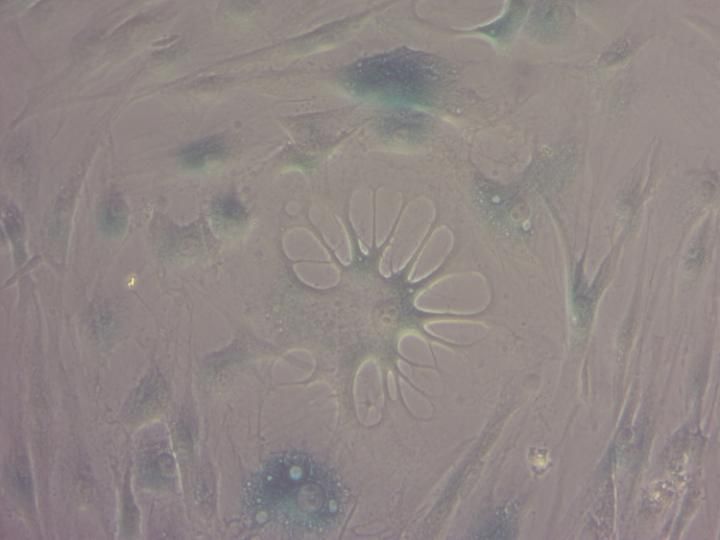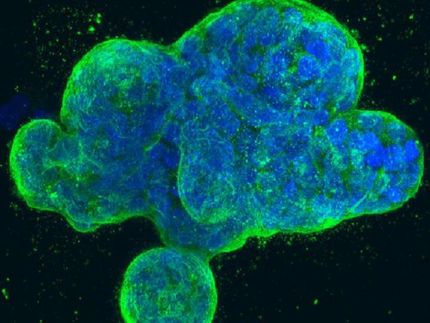'Corrective genes' closer thanks to enzyme modification
Universite de Montreal - McGill University scientists detail modification of enzyme structure
Scientists from the Université de Montréal and McGill University have re-engineered a human enzyme, a protein that accelerates chemical reactions within the human body, to become highly resistant to harmful agents such as chemotherapy, according to a new study published in The Journal of Biological chemistry .
"Our team modified and decoded an enzyme structure," says Joelle Pelletier, a professor at the Université de Montréal's Department of Chemistry. "We discovered, to our surprise, that our intervention allowed the heart of the enzyme to increase its mobility. This unusual mobility caused the enzyme to resist the chemotherapy agent methotrexate – a result we never predicted and one that offers promise."
The research team made its discovery as it sought ways to help correct genetic diseases. "Our goal is to improve the injection of corrective genes in people suffering from genetic diseases," say Pelletier who is also co-director of PROTEO, a Quebec-based research group on the function, structure and engineering of proteins.
Original publication: Jordan P. Volpato, Elena Fossati Jonathan Blanchet, Lucie Poulin, Vanessa Guerrero, Joelle N. Pelletier, Brahm J. Yachnin and Albert M. Berghuis; "Multiple Conformers in Active Site of Human Dihydrofolate Reductase F31R/Q35E Double Mutant Suggest Structural Basis for Methotrexate Resistance"; The Journal of Biological Chemistry 2009.
Most read news
Organizations
Other news from the department science

Get the life science industry in your inbox
By submitting this form you agree that LUMITOS AG will send you the newsletter(s) selected above by email. Your data will not be passed on to third parties. Your data will be stored and processed in accordance with our data protection regulations. LUMITOS may contact you by email for the purpose of advertising or market and opinion surveys. You can revoke your consent at any time without giving reasons to LUMITOS AG, Ernst-Augustin-Str. 2, 12489 Berlin, Germany or by e-mail at revoke@lumitos.com with effect for the future. In addition, each email contains a link to unsubscribe from the corresponding newsletter.
More news from our other portals
Last viewed contents
Cardiac_arrhythmia

Polyethersulfone Microfilter | Microfilters | Sartorius
Elizabeth_Wright_Hubbard
Marshall_M._Parks

Kizoo leads financing round in Reservoir Neuroscience to restore health to the aging brain - A first-in-kind compound reverses disease in blood vessels and repairs the damaged blood-brain barrier























































